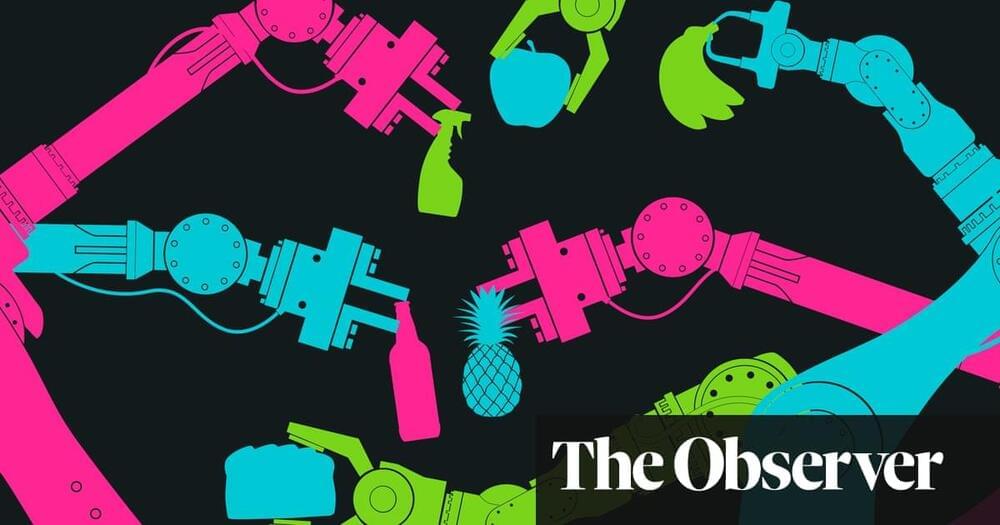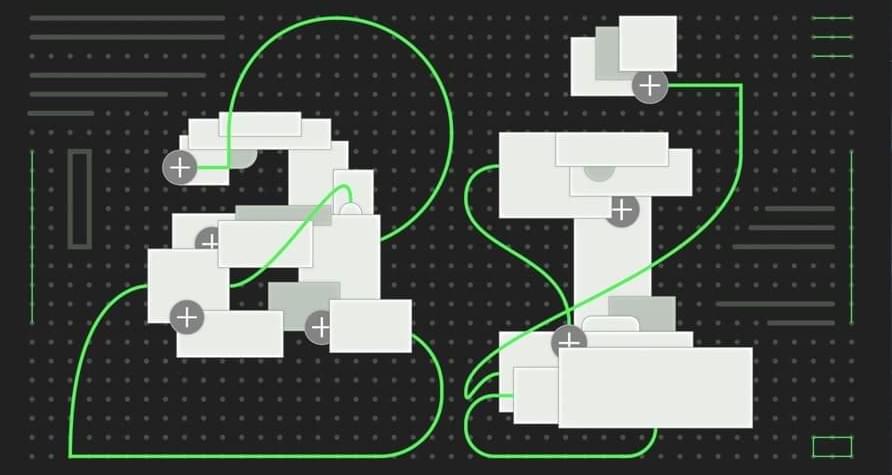It’s a disservice to students and civil society.


Acclaimed Harvard professor and entrepreneur Dr. David Sinclair believes that we will see human life expectancy increase to at least 100 years within this century. A world in which humans live significantly longer will have a major impact on economies, policies, healthcare, education, ethics, and more. Sinclair joined Bridgewater Portfolio Strategist Atul Lele to discuss the science and societal, political, systemic and ethical implications of humans living significantly longer lives.
Recorded: Aug 30 2021
The Science of Slowing Aging and Increasing Life Expectancy.
0:00 – 19:20
What Increasing Life Expectancy Means for Individuals.
19:20 – 30:40
The Impact on Pension, Healthcare and Education Systems.
30:40 – 44:18
The Economic Benefits of Longer Life Expectancy.

Designing a society that can adapt to the rise of artificial intelligence and allow everyone to thrive as these changes unfold is likely to be one of our most significant challenges in the coming years and decades. It will require an emphasis on retraining and education for those workers who can realistically undertake the necessary transition, as well as an improved safety net – and perhaps an entirely new social contract – for those who will inevitably be left behind.
From fast food to farming, Covid-19 has accelerated the rise of the worker robots. This in turn will put more jobs at risk and makes the need to reframe society ever more urgent.

Brains aren’t the easiest of organs to study, what with their delicate wiring and subtle whispering of neurotransmitter messages. Now, this research could be made a little easier, as we’ve learned we can swap some critical chemical systems with the host animal being none the wiser.
In a proof-of-concept study run by a team of US researchers, the microscopic worm Caenorhabditis elegans was genetically gifted pieces of a nervous system taken from a radically different creature – a curious freshwater organism known as Hydra.
The swap wasn’t unlike teaching a specific brain circuit a foreign language, and finding it performs its job just as well as before.

According to 2020’s McKinsey Global Survey on artificial intelligence (AI), in 2,020 more than 50% of companies have adopted AI in at least one business unit or function, so we witness the emergence of new AI trends. Organizations apply AI tools to generate more value, increase revenue and customer loyalty. AI leading companies invest at least 20% of their earnings before interest and taxes (EBIT) in AI. This figure may increase as COVID-19 is accelerating digitization. Lockdowns resulted in a massive surge of online activity and an intensive AI adoption in business, education, administration, social interaction, etc.
Full Story:

Every year, a few hundred scientists in the United Kingdom try to establish new labs from scratch; globally, thousands of researchers become heads of their own labs. From the outset, it’s a chase for money and a time of intense pressure as scientists try to build research programmes while juggling teaching, fundraising, publishing and family life. Ali began her lab with just £15,000 in grants to cover equipment and experiments; Dan had £20,000. Both need to recruit PhD students, and Dan must also devise and deliver a programme of lectures.
Two researchers. Three years. One pandemic.
Re-Imagining Health and Wellbeing — Lisa Esch & Dr. Michael Petersen, M.D., NTT.
The Nippon Telegraph and Telephone Corporation (https://hello.global.ntt/en-us/), commonly known as NTT, is a Japanese telecommunications company headquartered in Tokyo, Japan.
NTT DATA Services (https://www.nttdata.com/global/en), is a global digital business and IT services leader focused on a range of business services, including cloud, data and applications, and which has recently embarked on an ambitious new initiative, as part of their goal “To Change The Future For Good”, towards Re-Imagining Health and Well-Being, towards what NTT defines as a more human-empowered, knowledge-driven and technology-enabled approach (https://www.global.ntt/healthandwellbeing/).
Lisa Esch is Senior Vice President-Healthcare Provider, Digital Health, Innovation, & Industry Offerings, at NTT DATA Services, where she oversees solutions and offering development, as well as their Go-To-Market strategy within the vertical and serves as the subject matter expert in the client engagements.
Lisa has an extensive background in disruptive technologies, healthcare innovation, strategic planning, and business process improvement.
Quantum physics is directly linked to consciousness: Observations not just change what is measured, they create it… Here’s the next episode of my new documentary Consciousness: Evolution of the Mind (2021), Part II: CONSCIOUSNESS & INFORMATION
*Subscribe to our YT channel to watch the rest of documentary (to be released in parts): https://youtube.com/c/EcstadelicMedia.
**Watch the documentary in its entirety on Vimeo ($0.99/rent; $1.99/buy): https://vimeo.com/ondemand/339083
***Join Consciousness: Evolution of the Mind public forum for news and discussions (Facebook group of 6K+ members): https://www.facebook.com/groups/consciousness.evolution.mind.
#Consciousness #Evolution #Mind #Documentary #Film

If the 21st century has taught us any astronomical lessons, it’s that counting planets is hard. In 2,000 there were nine planets, and now there are eight, but that might not last. Astronomers have been on the hunt for a theorized ninth planet in the extreme outer solar system, and now a study suggests there might be another planet out there. Unlike the massive (and completely hypothetical) Planet Nine, this one is believed to be a small, rocky world like Mars.
All the planetary uncertainty lies in the outer reaches of the solar system, beyond the orbit of Neptune. This is where Clyde Tombaugh discovered Pluto, which we thought was a planet for decades but has since been demoted to a dwarf planet. It was still a notable discovery as the first known representative of the Kuiper Belt, a ring of icy rocks that includes other big planetoids like Makemake and Eris.
To make sense of the mishmash of objects out there, scientists often turn to simulations that can search for signs of undiscovered planets. And there could be a lot to find out there. “It seems unlikely that nature created four giant planet cores, but then nothing else larger than dwarf planets in the outer solar system,” the study says.
